Conclavoscope - Cardinal Odilo Pedro Scherer
Cardinal Profile and Assessment
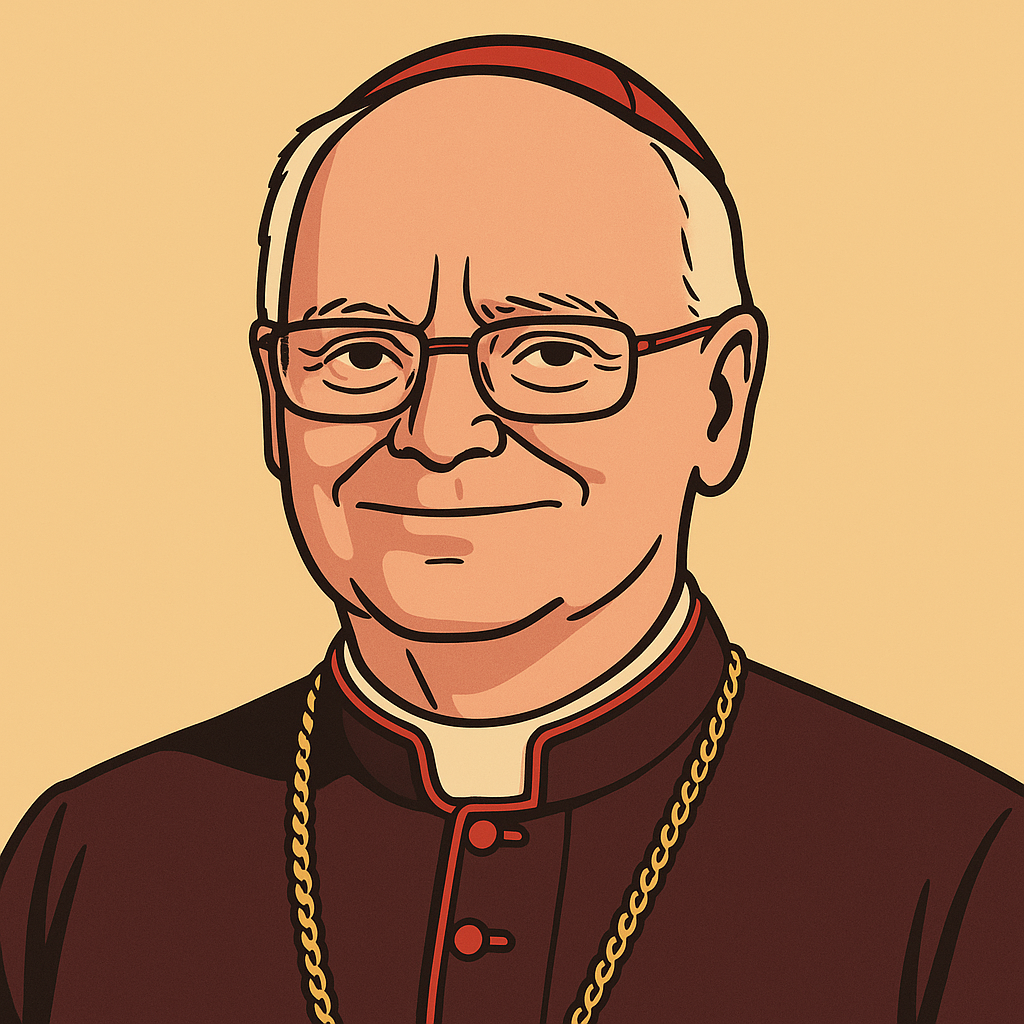
Brazilian cardinal, Archbishop of São Paulo, known for his balanced leadership in Latin America's largest metropolis and his pastoral approach combining tradition and modernity.
| Criterion | Tendency |
|---|---|
| Moral doctrine | Conservative |
| Liturgy | Moderately conservative |
| Sociopolitical | Progressive |
| Relationship with Pope Francis | Progressive |
| Dialogue | Progressive |
| Communication | Moderately progressive |
| Overall tendency | Moderately progressive |
Cardinal Scherer firmly upholds traditional Catholic teachings on moral issues. He has opposed attempts to liberalize Brazil's abortion laws and maintains the Church's stance on contraception, emphasizing personal responsibility within doctrinal boundaries. His positions reflect a conservative approach to moral doctrine.
Cardinal Scherer supports the liturgical reforms of the Second Vatican Council and has criticized radical traditionalist interpretations of the 'Mass of All Time.' He emphasizes adherence to the living Magisterium and has taken disciplinary actions against clergy who reject post-conciliar liturgical norms.
Cardinal Scherer is actively engaged in social issues, advocating for the poor and addressing environmental concerns. He has participated in initiatives promoting sustainable development and has defended the Church's social programs against political criticism.
While Cardinal Scherer was considered a potential papal candidate in 2013, he has since shown support for Pope Francis's leadership. He has defended the Pope's initiatives and maintained a collaborative relationship with the Vatican.
Cardinal Scherer has been involved in interreligious dialogue, promoting peace and understanding among different faith communities. He has recognized individuals for their efforts in building interfaith relationships and emphasized the importance of fraternity.
Cardinal Scherer utilizes various media platforms to engage with the faithful, including social media and newspaper columns. His communication style is clear and doctrinally focused, aiming to educate and guide Catholics in contemporary issues.
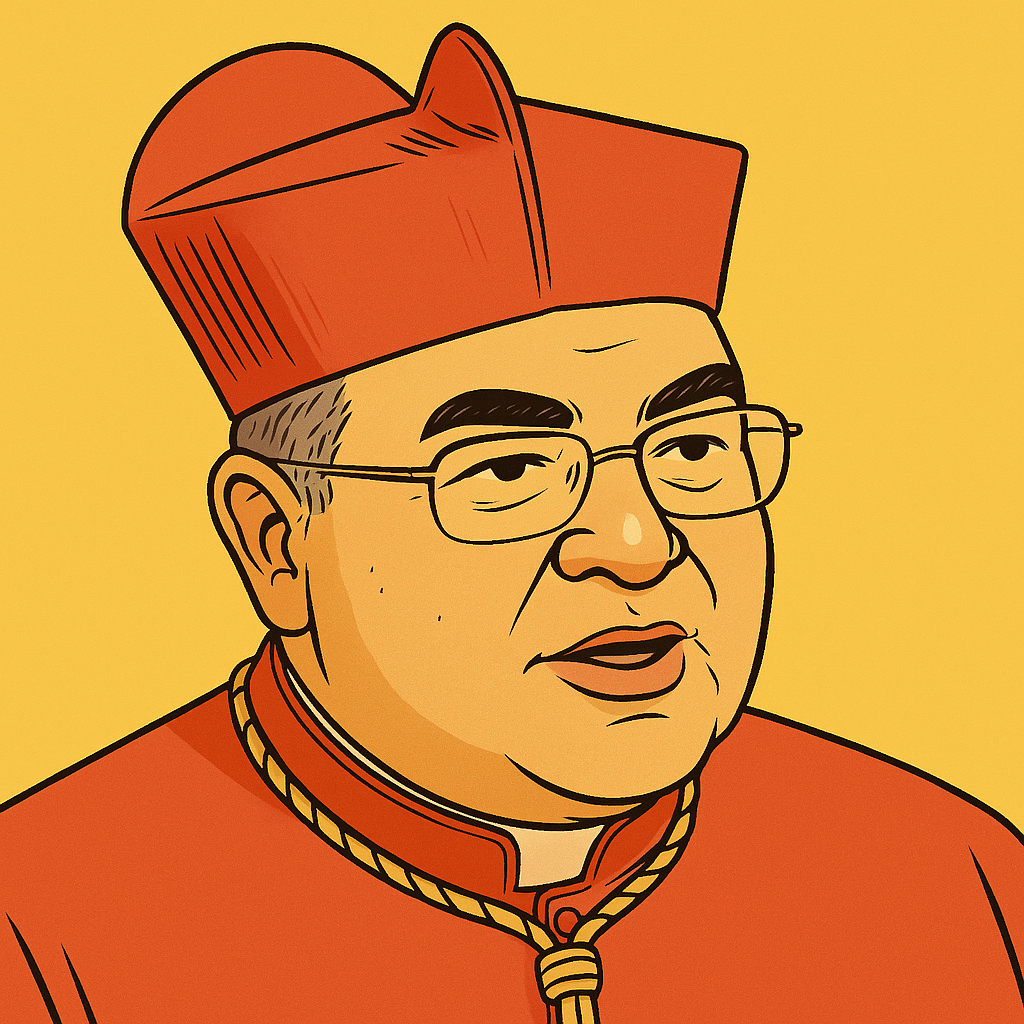
Brazilian cardinal, Archbishop of Rio de Janeiro, Cistercian, known for his social commitment in the favelas and his balanced pastoral leadership between tradition and openness.
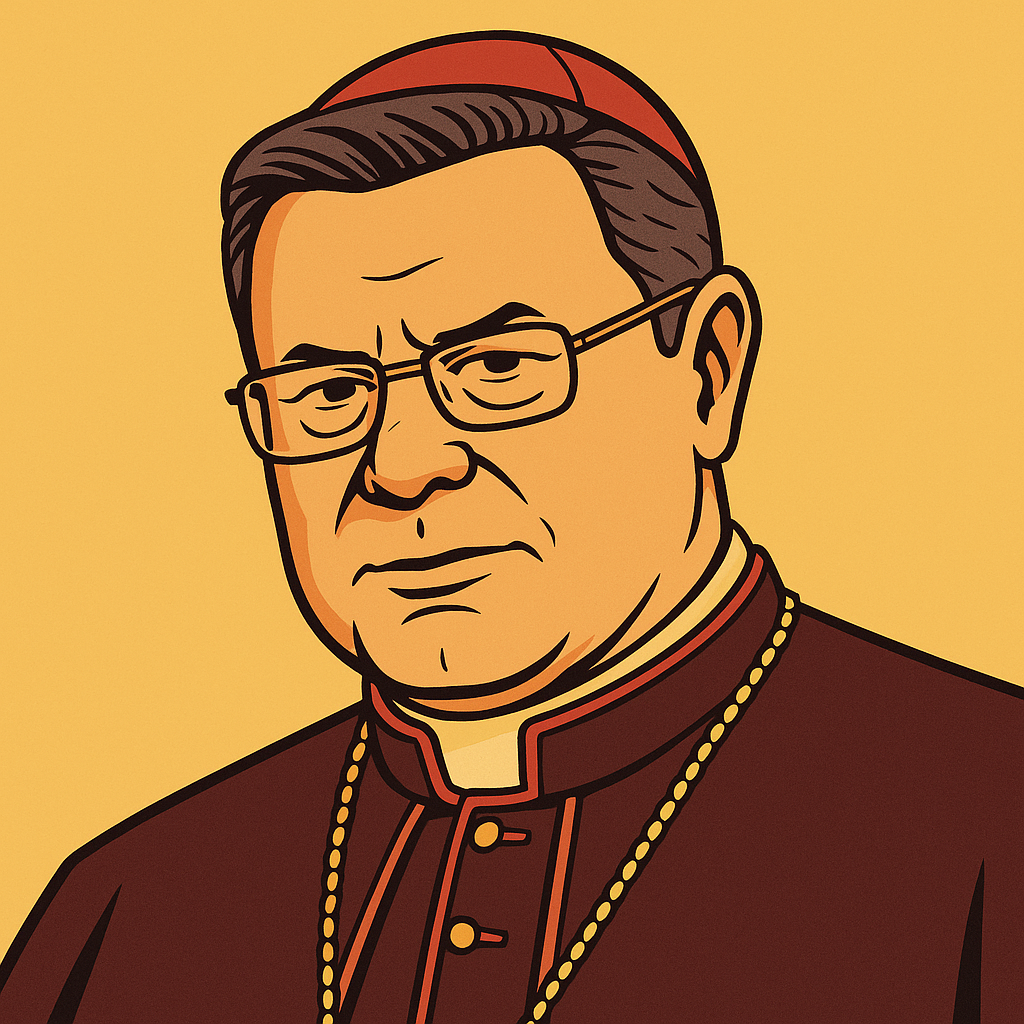
Brazilian cardinal, Archbishop of Brasília, known for his intellectual profile and balanced pastoral approach, combining Catholic tradition and sensitivity to contemporary social issues.
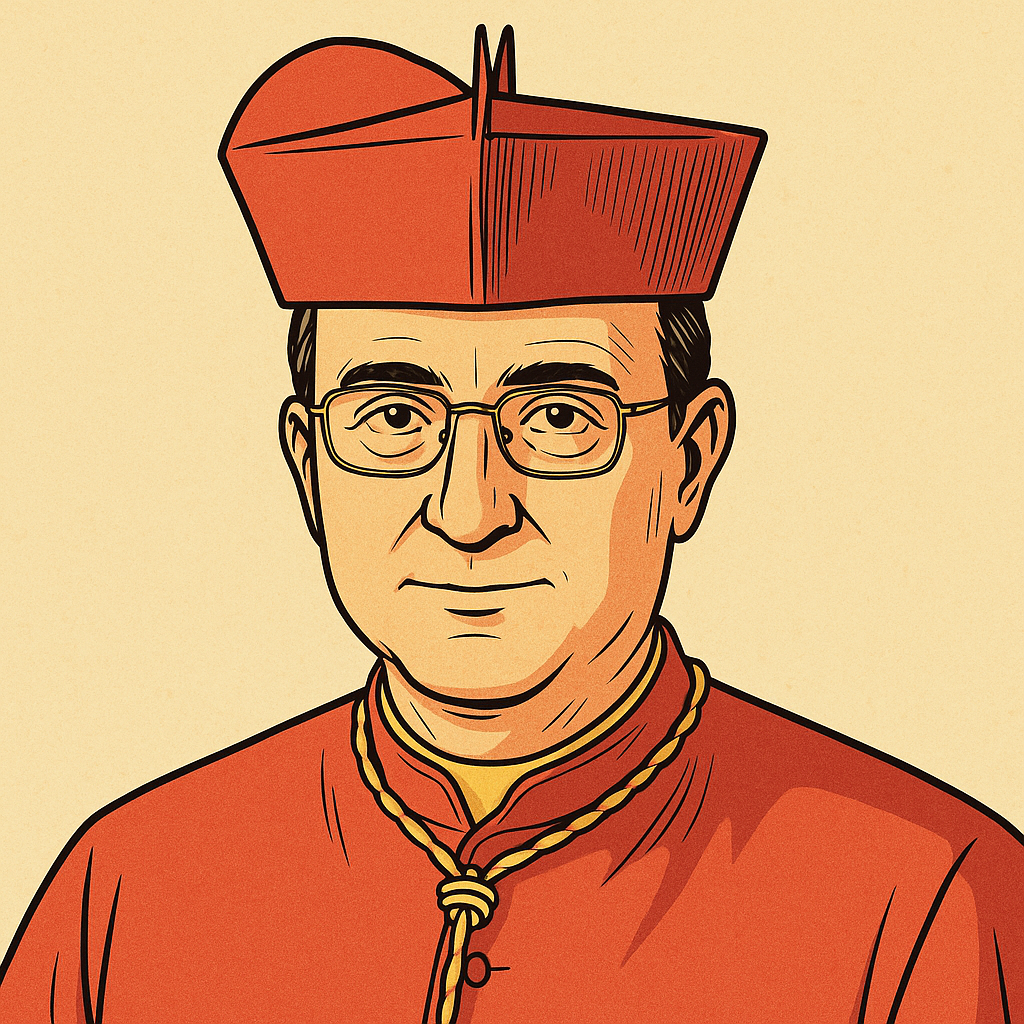
Brazilian cardinal, Archbishop of Salvador de Bahia, known for his balanced pastoral leadership and commitment to a more synodal Church closer to existential peripheries.
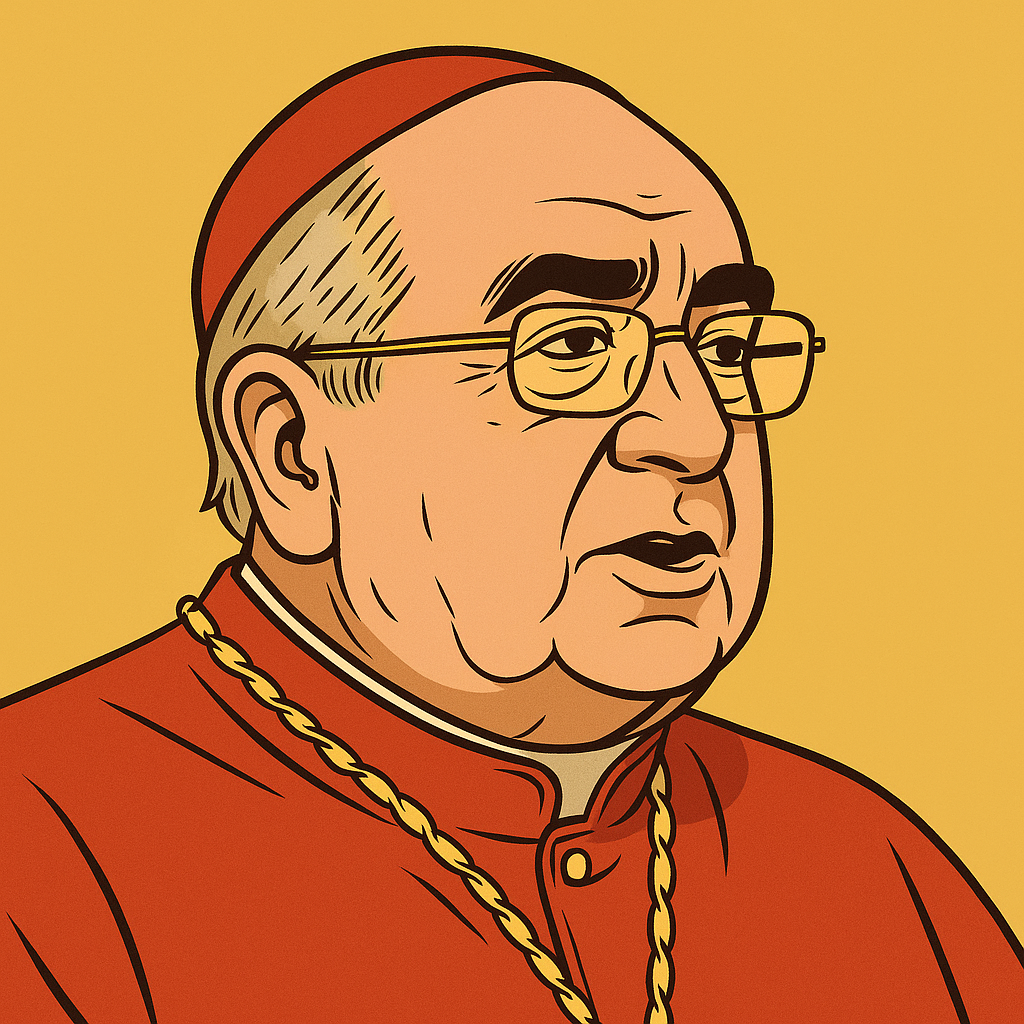
Poland
Polish cardinal, Archpriest of the Basilica of Saint Mary Major, known for his conservative positions and experience in lay ministry, in the tradition of John Paul II.
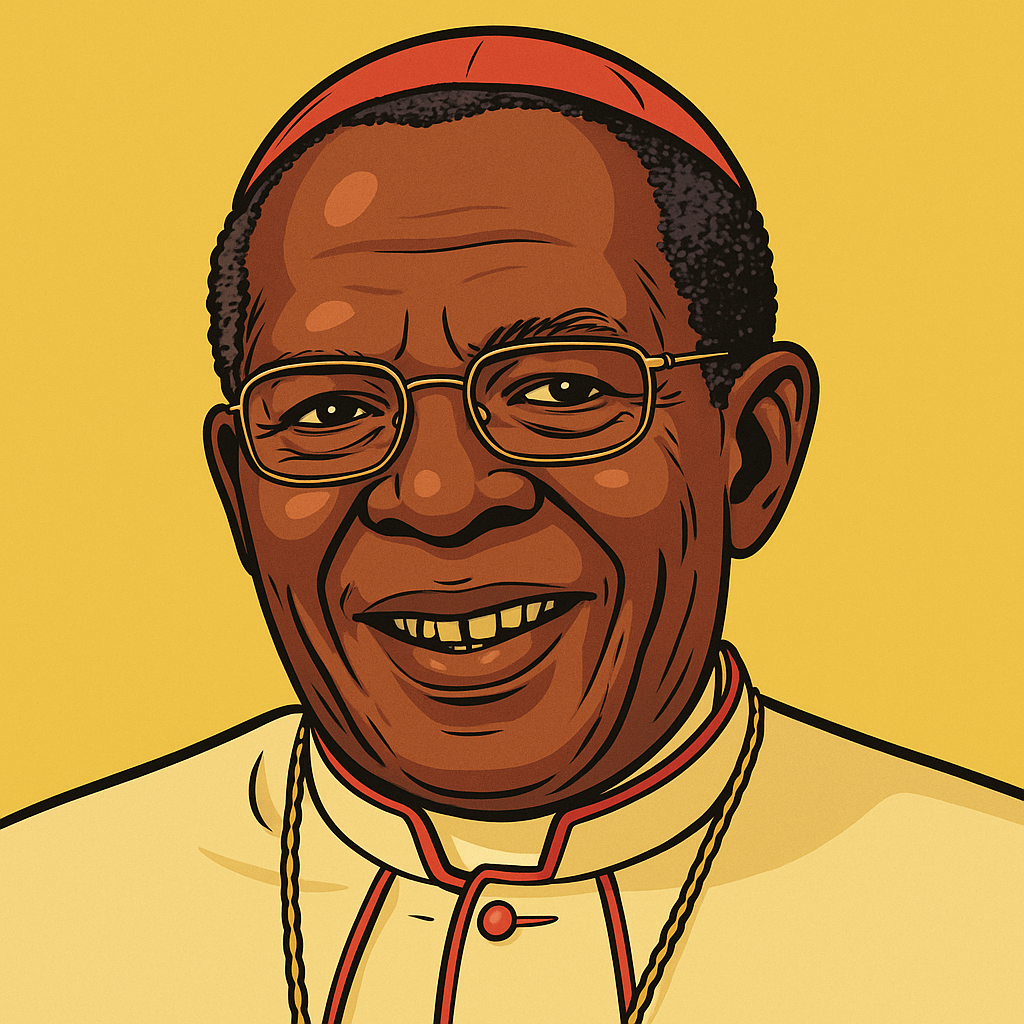
Kenya
Kenyan cardinal, Archbishop Emeritus of Nairobi, known for his conservative positions on moral issues and his leadership in the growing African Church.
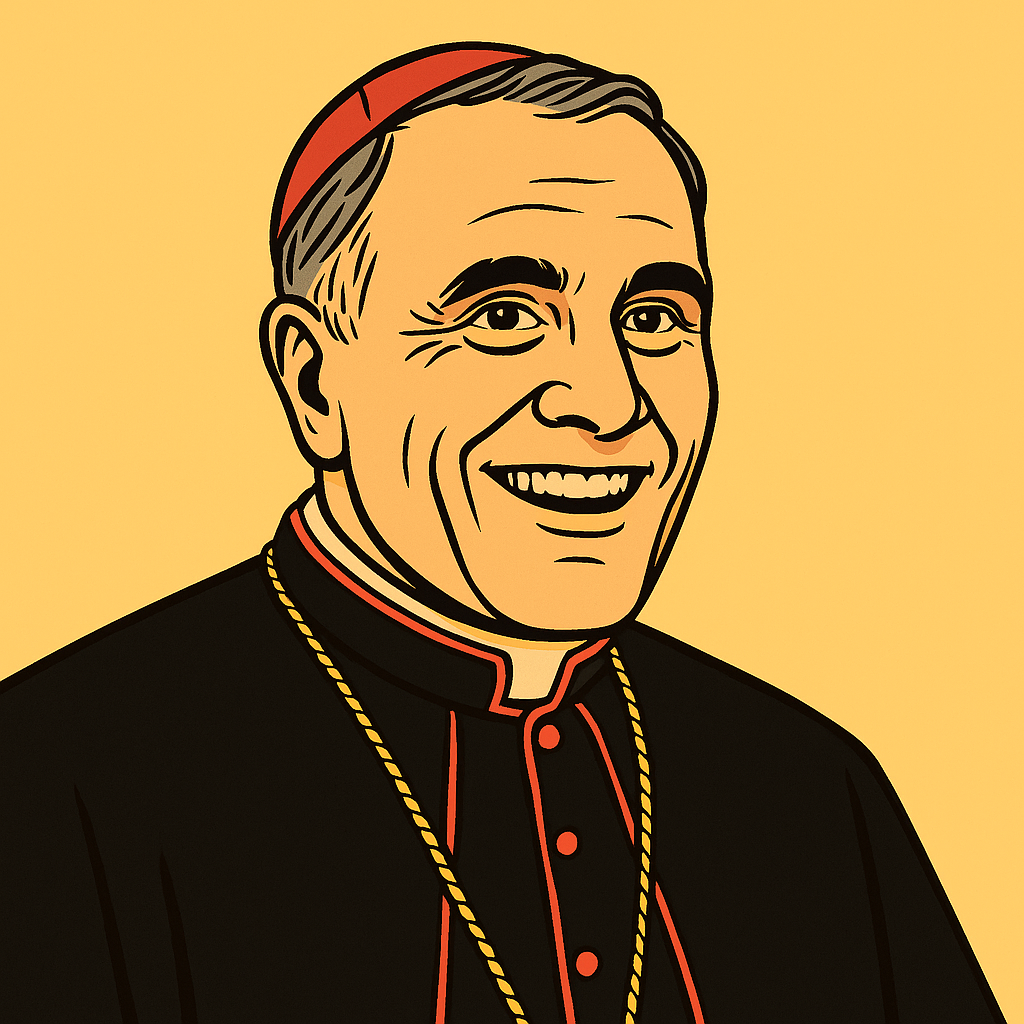
United States
American cardinal, known for his conservative positions on doctrine and liturgy, while seeking unity in a divided ecclesial context.
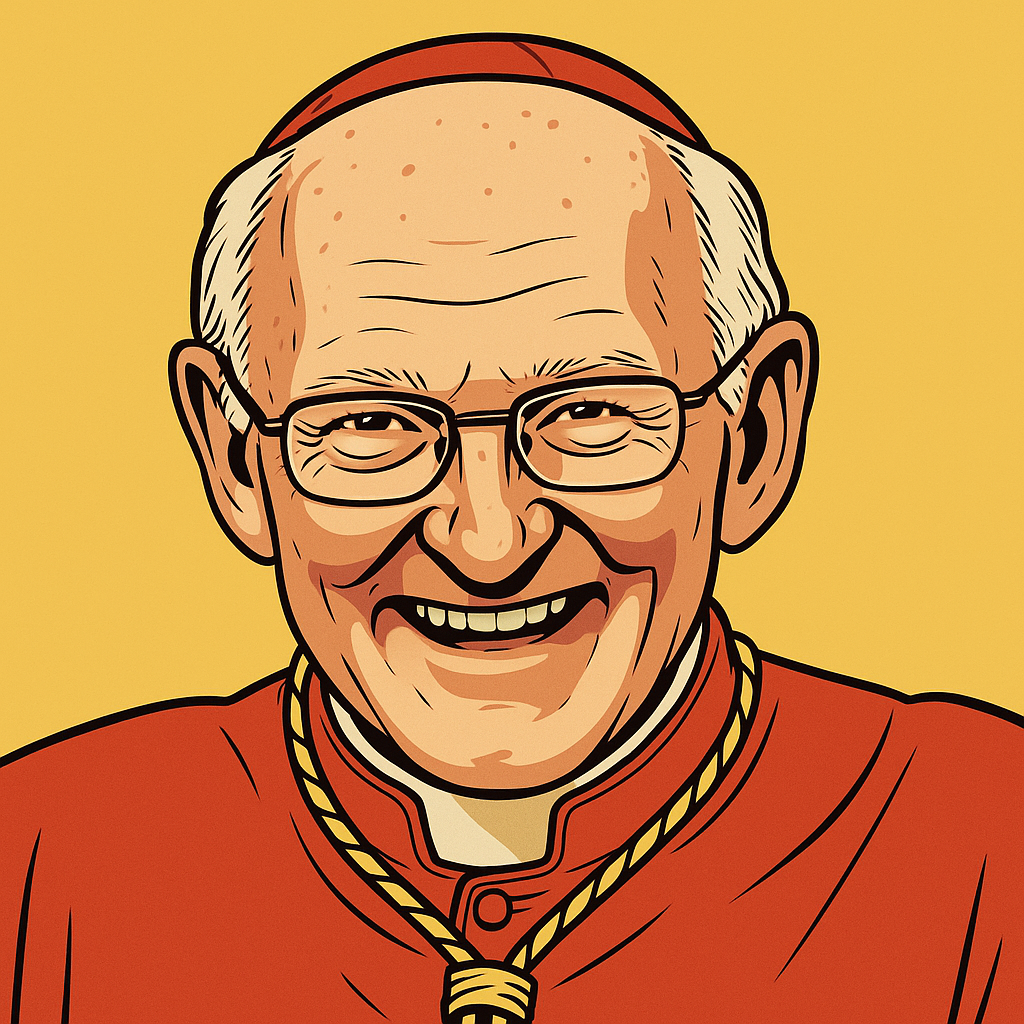
United States
age: 76
American cardinal, Archpriest of the Basilica of Saint Paul Outside the Walls, former Prefect of the Papal Household, known for his conservative positions and administrative experience at the Vatican.
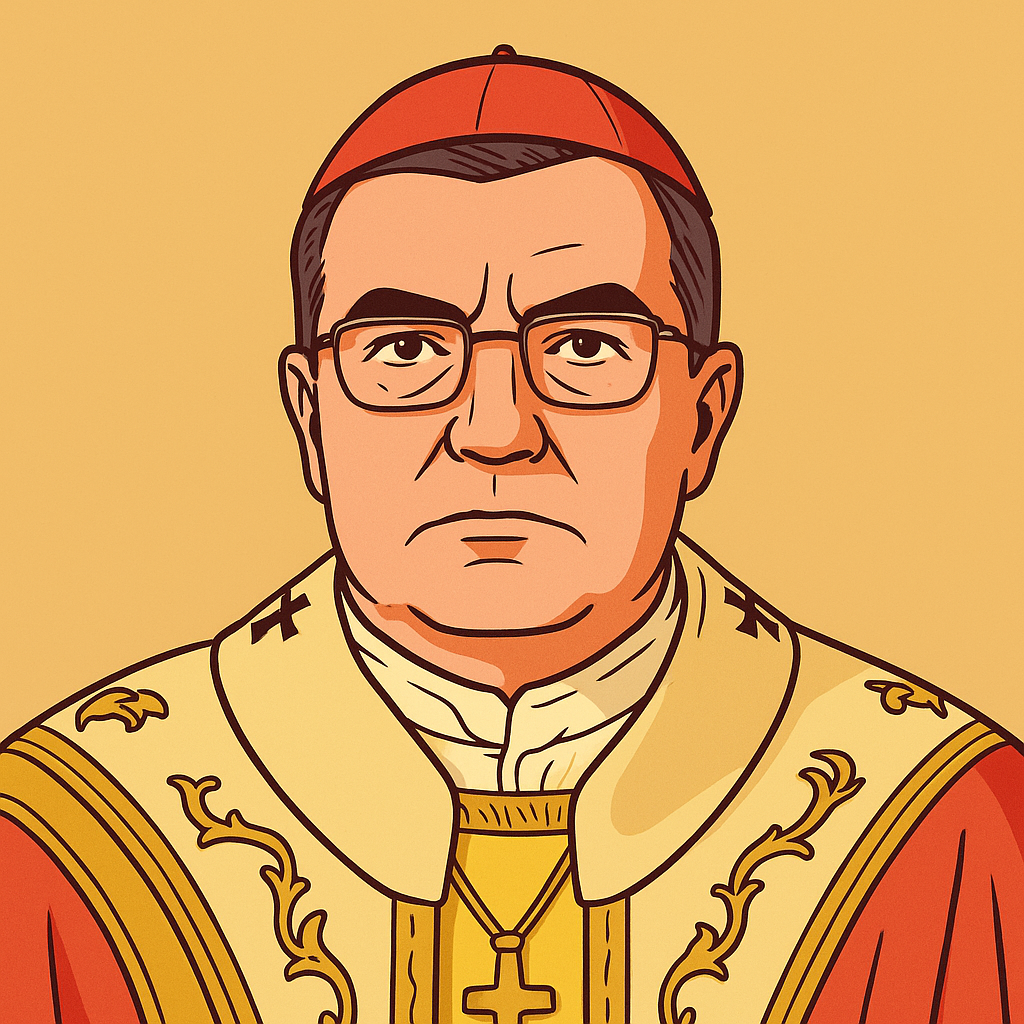
Croatia
age: 76
Croatian cardinal, Archbishop of Zagreb, known for his conservative positions on moral issues and his commitment to traditional values in a post-communist context.

Sweden
age: 76
Swedish cardinal, the first Scandinavian cardinal in history, known for his balanced approach between tradition and openness, and his ecumenical work.
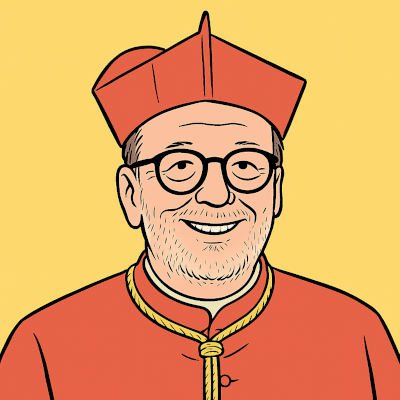
Italy
Italian cardinal, former apostolic nuncio, known for his diplomatic expertise and knowledge of Eastern Churches, combining liturgical tradition and openness to dialogue.
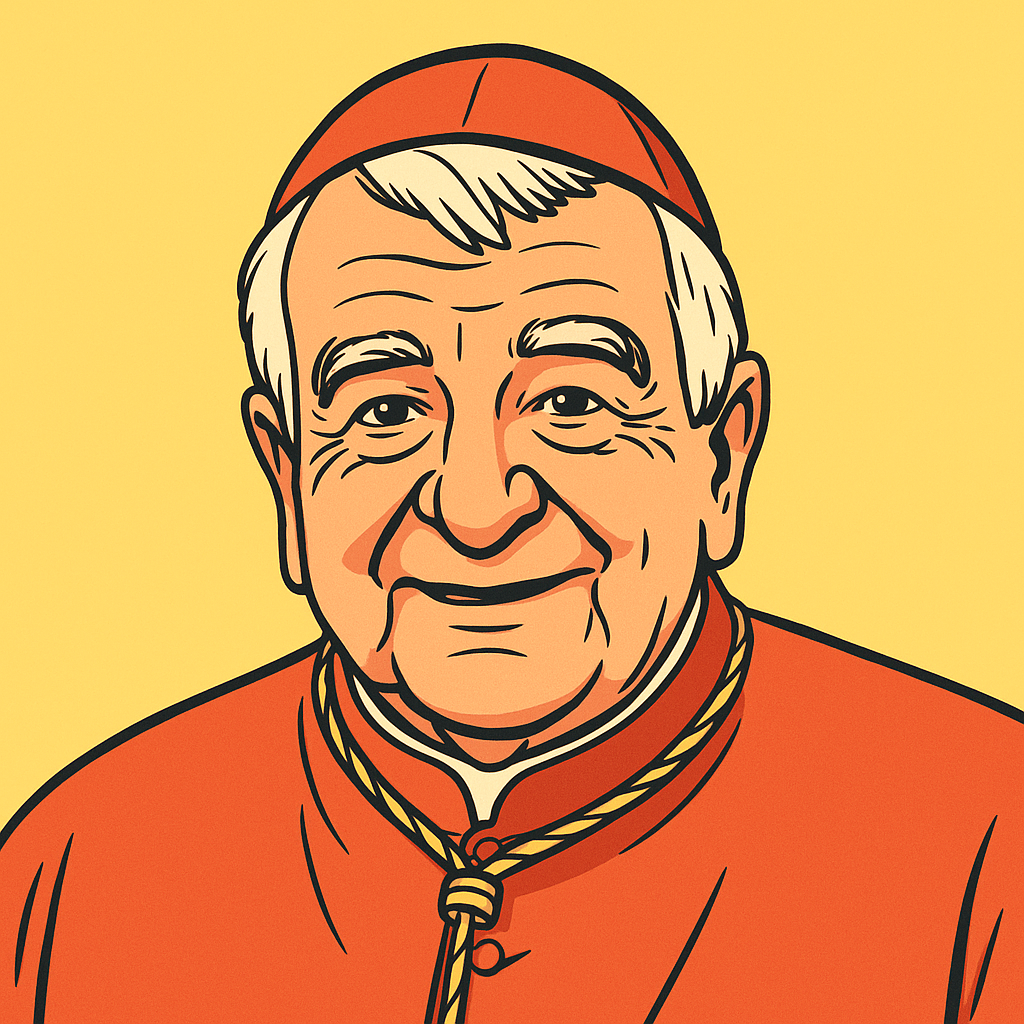
Switzerland
Swiss cardinal, apostolic nuncio, known for his diplomatic work and balanced approach between tradition and moderate openness.
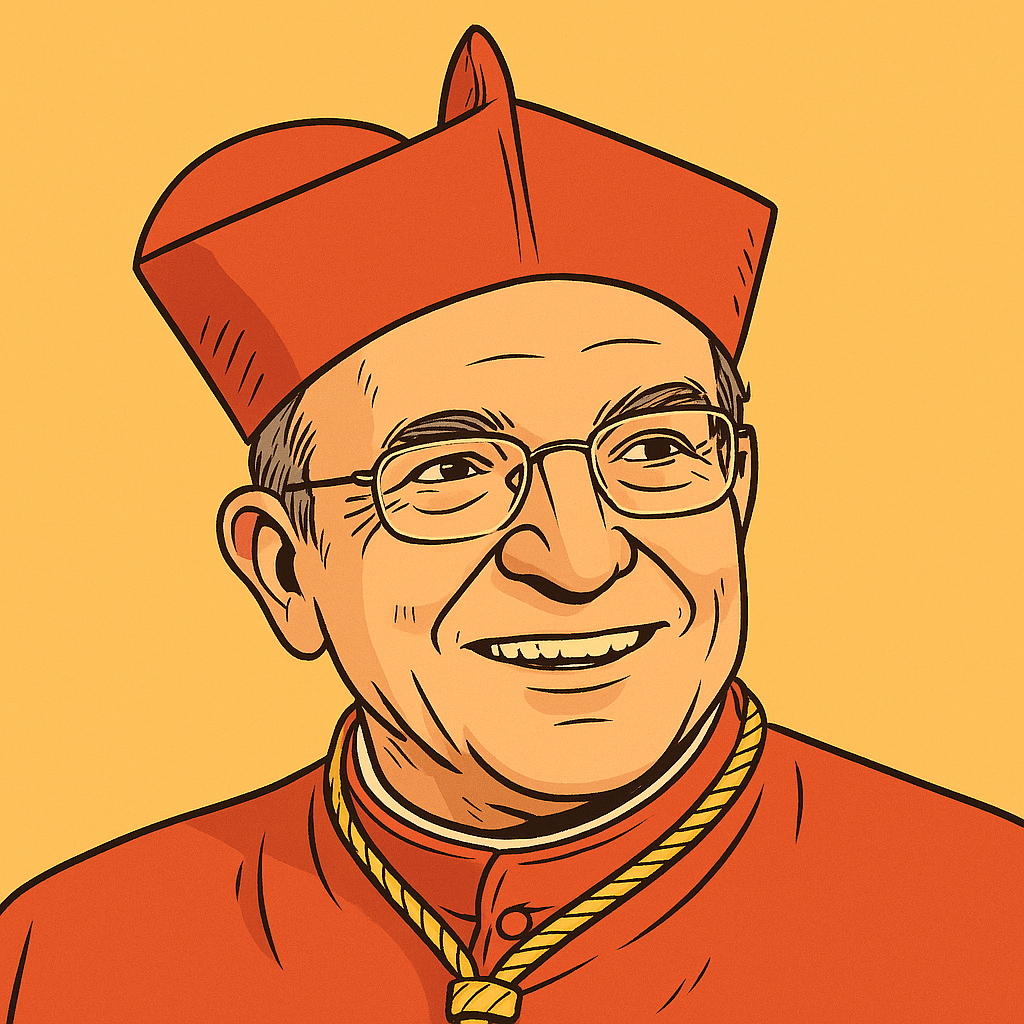
Italy
Italian cardinal, Archbishop of L'Aquila, known for his leadership after the 2009 earthquake and his pastoral approach combining tradition and community engagement.
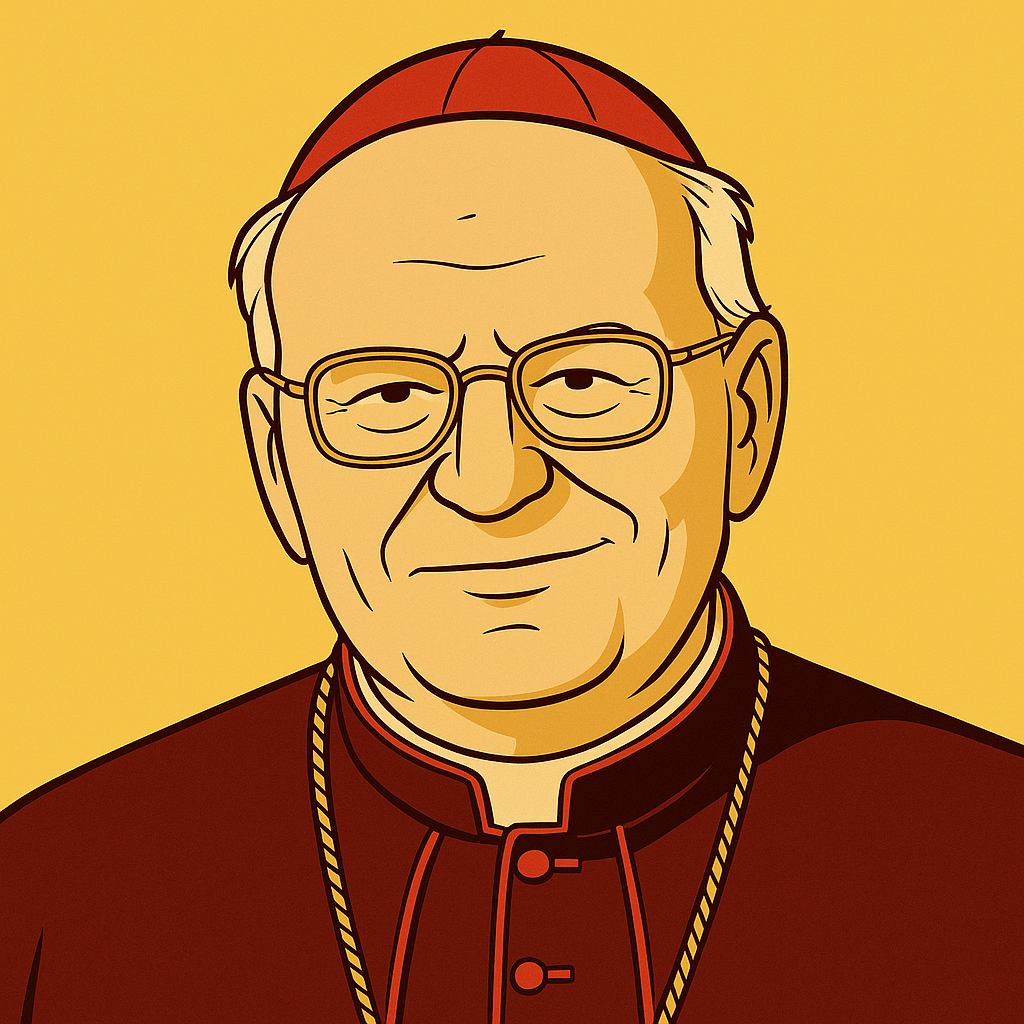
Hungary
Hungarian cardinal, Archbishop of Esztergom-Budapest, renowned canonist, known for his conservative doctrinal positions and his influential role in the Church of Central Europe.

Sweden
Swedish cardinal, the first Scandinavian cardinal in history, known for his balanced approach between tradition and openness, and his ecumenical work.
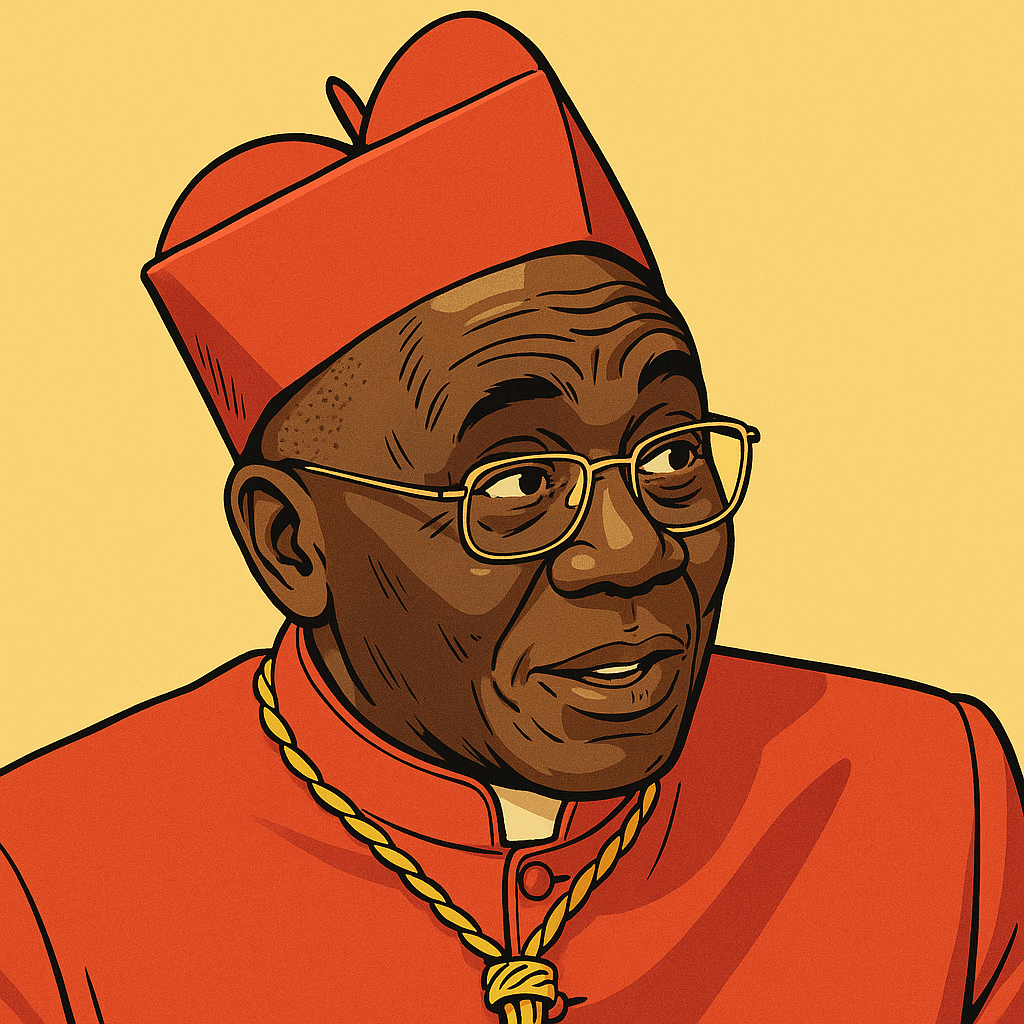
Ivory Coast
Ivorian cardinal, Archbishop of Abidjan, known for his doctrinal fidelity and conservative positions, while working for social peace and unity in his country.
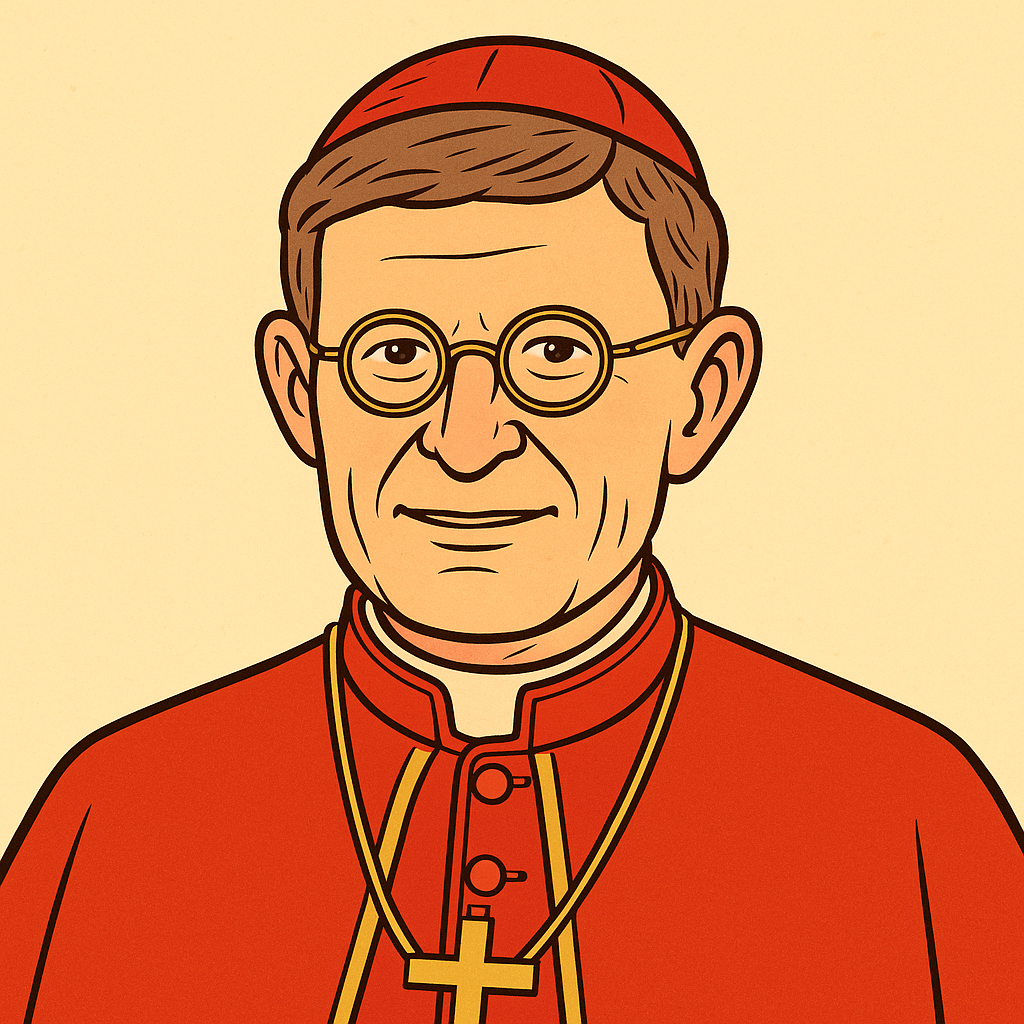
Germany
German cardinal, Archbishop of Cologne, known for his conservative positions and controversial leadership, particularly in handling sexual abuse and his opposition to certain reforms.

Croatia
Croatian cardinal, Archbishop of Zagreb, known for his conservative positions on moral issues and his commitment to traditional values in a post-communist context.

Kenya
Kenyan cardinal, Archbishop Emeritus of Nairobi, known for his conservative positions on moral issues and his leadership in the growing African Church.
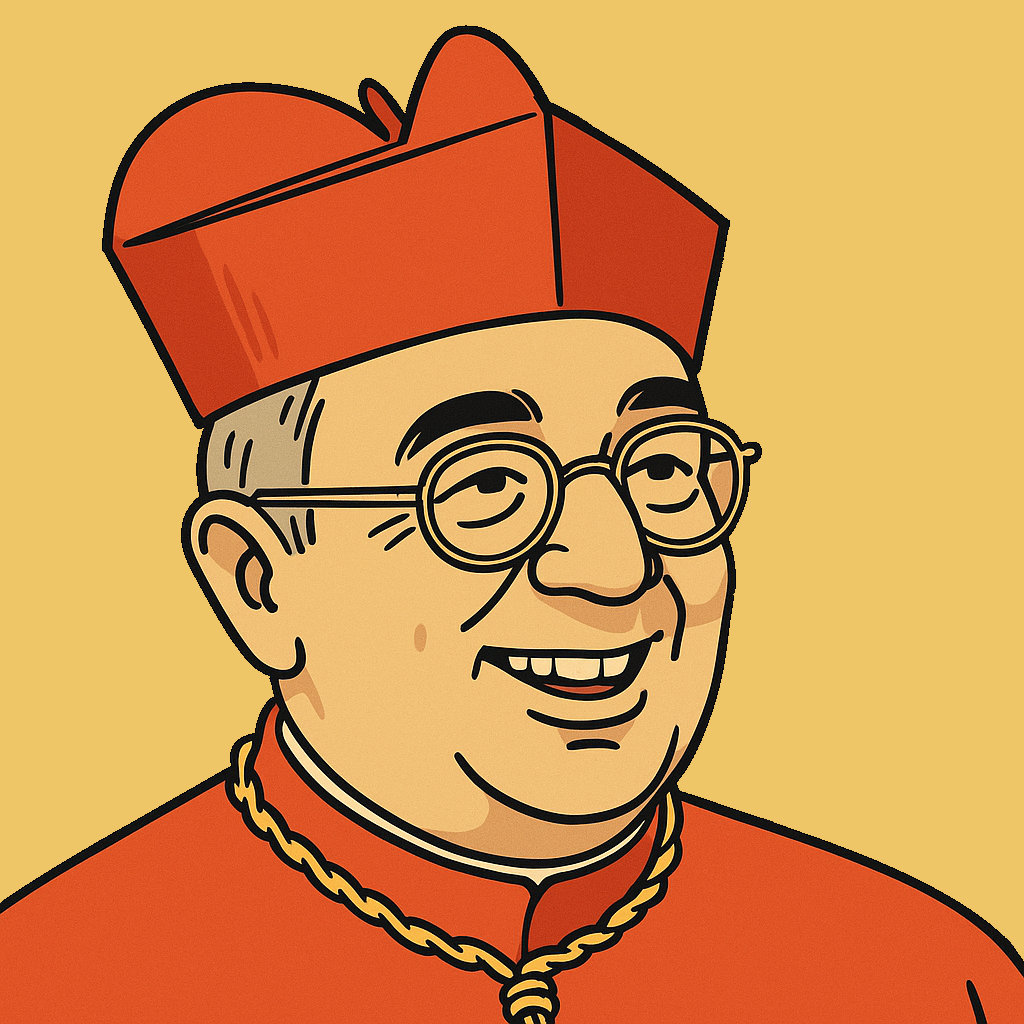
Italy
Italian cardinal, former vicar general of the pope for the diocese of Rome, known for his balance between liturgical tradition and moderate pastoral openness.
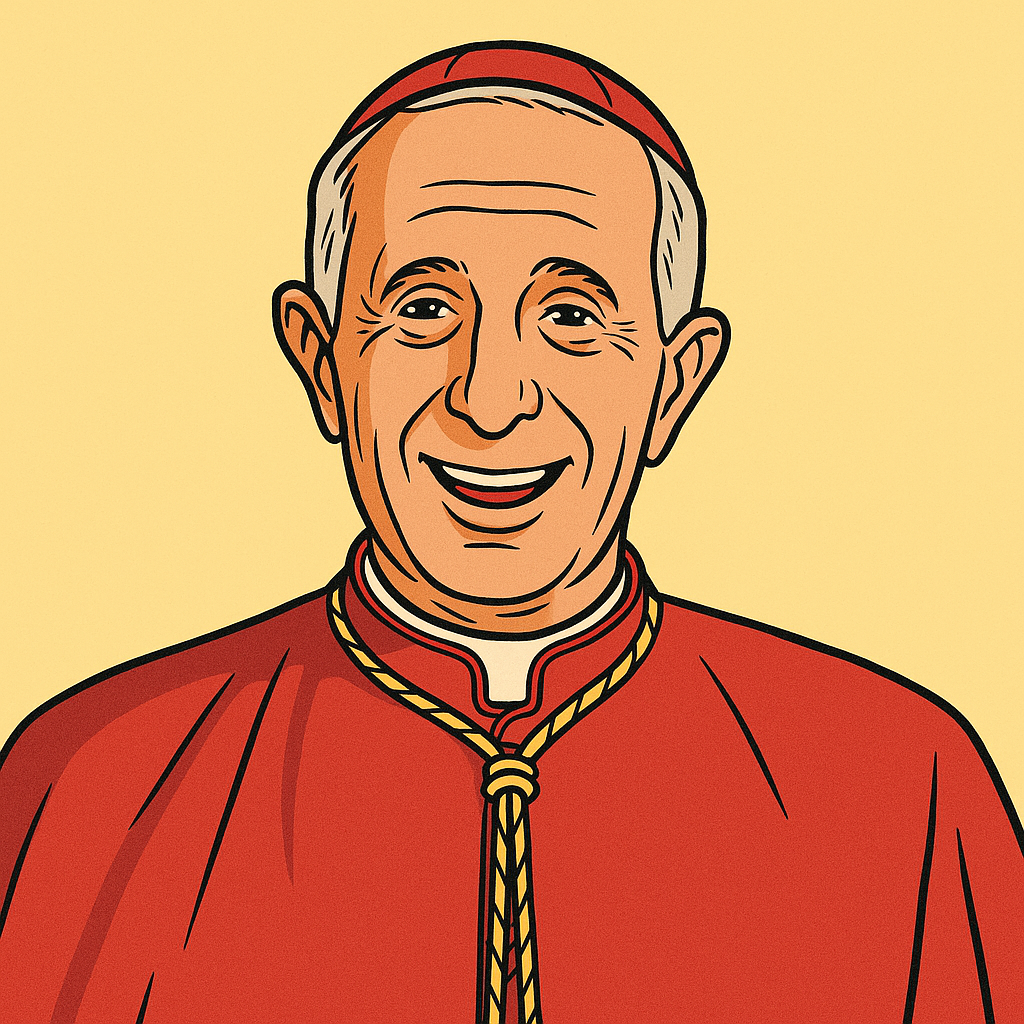
Argentina
Argentine cardinal, Archbishop Emeritus of Buenos Aires, successor of Pope Francis in this diocese, known for his discreet profile and balanced administration between tradition and renewal.
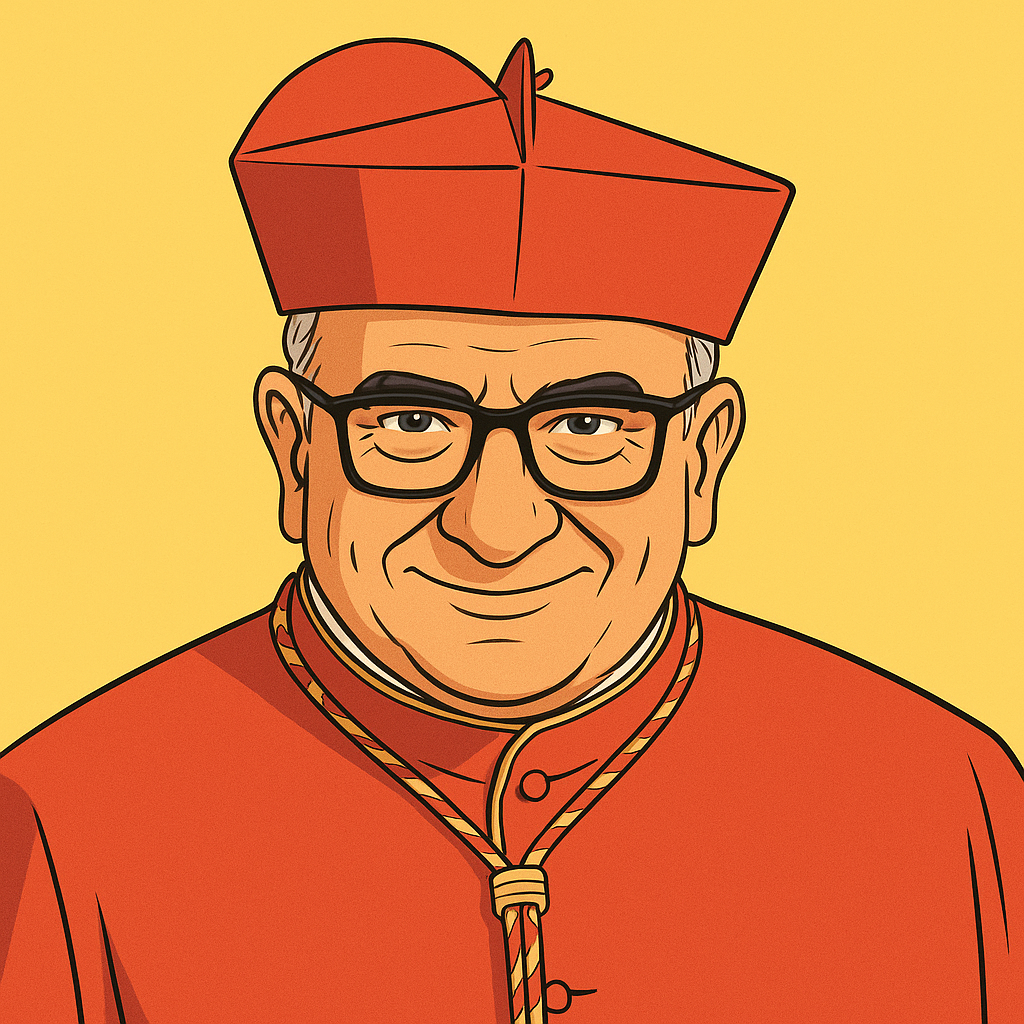
Chile
Chilean cardinal, Archbishop of Concepción, known for his conservative doctrinal positions and commitment to rebuilding trust after abuse scandals.

Croatia
Croatian cardinal, Archbishop of Zagreb, known for his conservative positions on moral issues and his commitment to traditional values in a post-communist context.
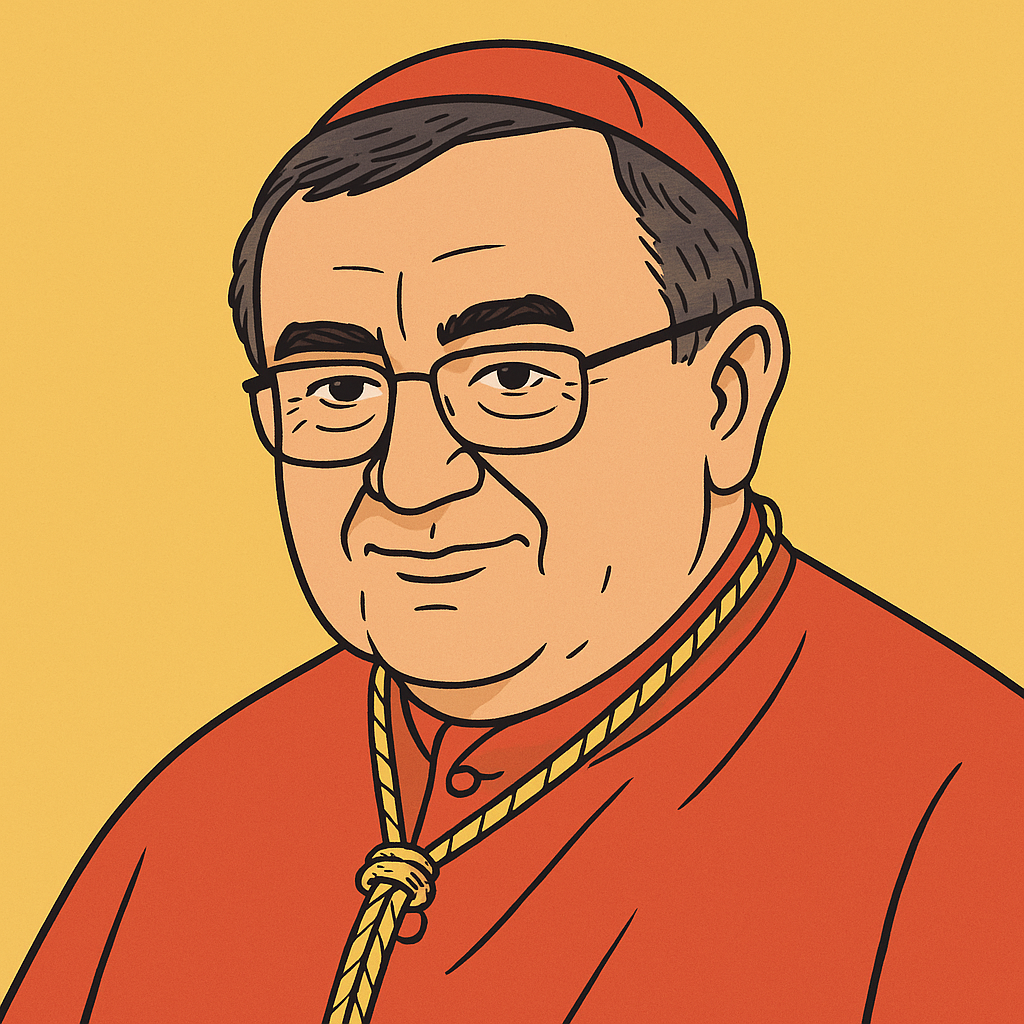
Bosnia and Herzegovina
Bosnian cardinal, Archbishop Emeritus of Sarajevo, known for his leadership during and after the Balkan War, his work for reconciliation and his defense of Catholic rights in the region.
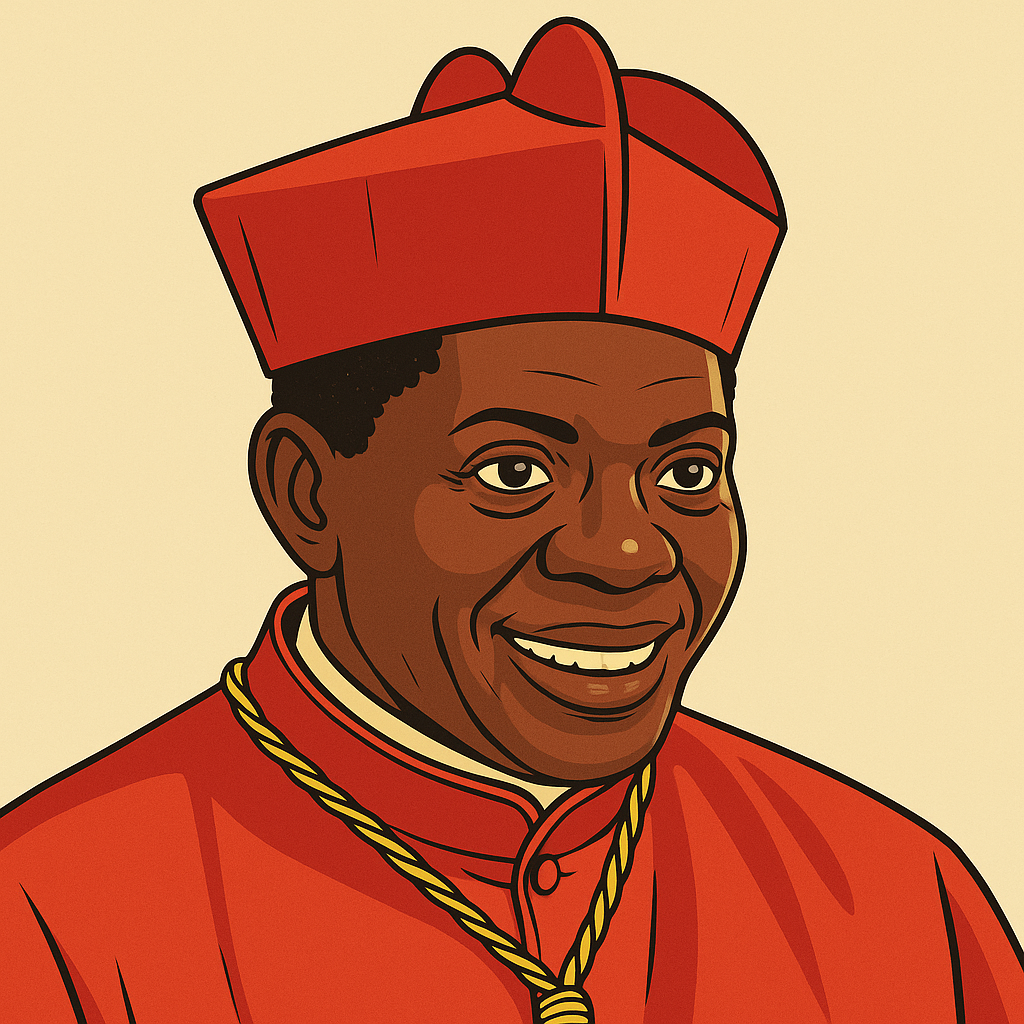
Tanzania
Tanzanian cardinal, Secretary of the Dicastery for Evangelization, known for his missionary expertise and balanced pastoral vision, combining doctrinal fidelity and cultural adaptation.

Croatia
Croatian cardinal, Archbishop of Zagreb, known for his conservative positions on moral issues and his commitment to traditional values in a post-communist context.
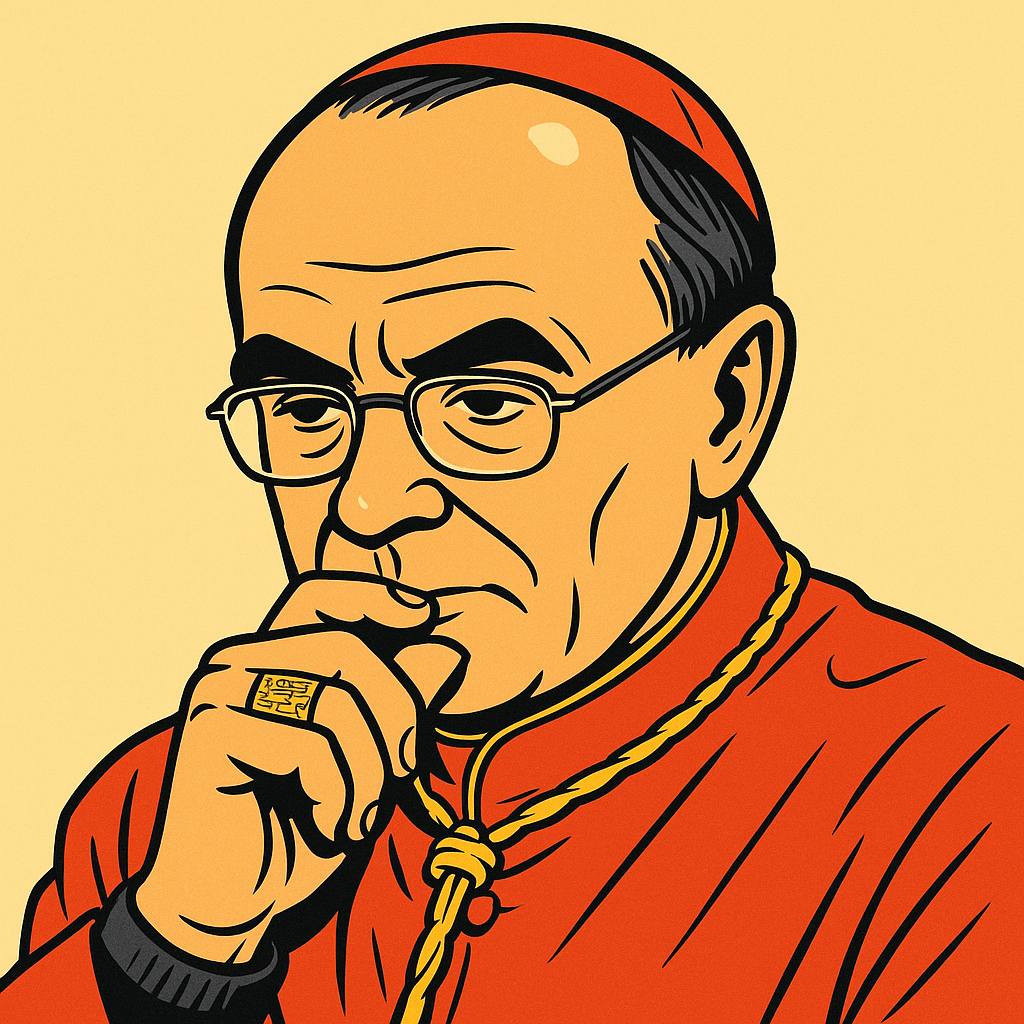
France
French cardinal, Archbishop Emeritus of Lyon, known for his missionary dynamism but whose career has been marked by controversy over the handling of sexual abuse in his diocese.

Italy
Italian cardinal, former vicar general of the pope for the diocese of Rome, known for his balance between liturgical tradition and moderate pastoral openness.